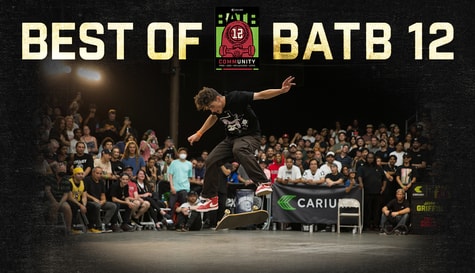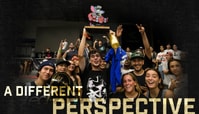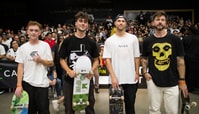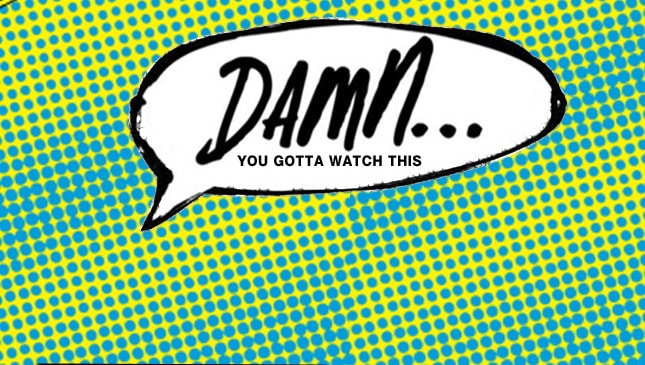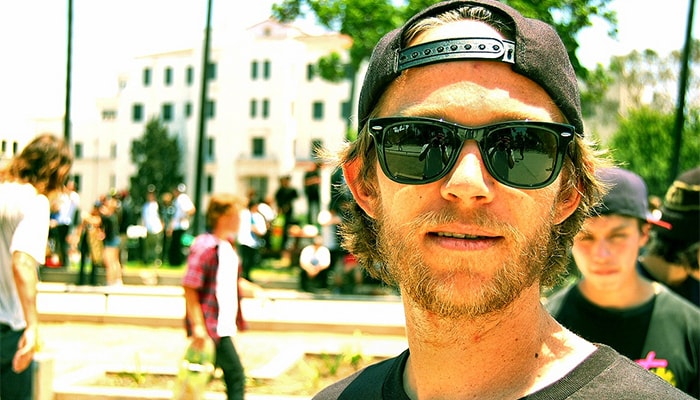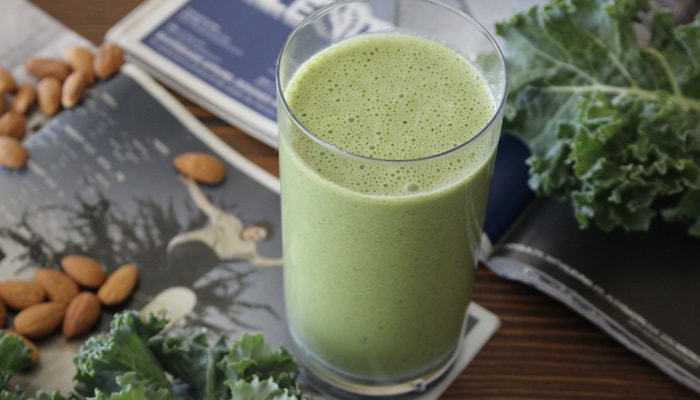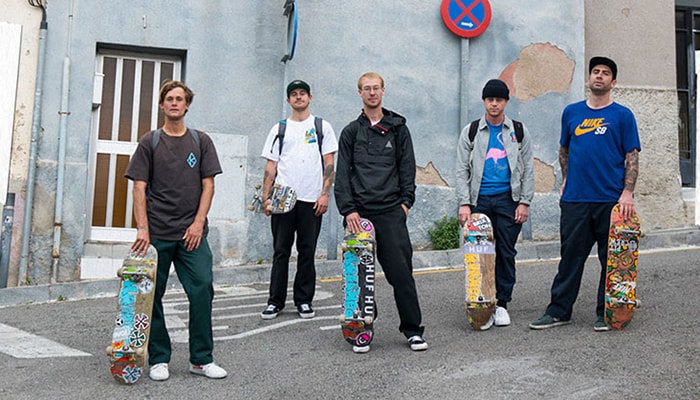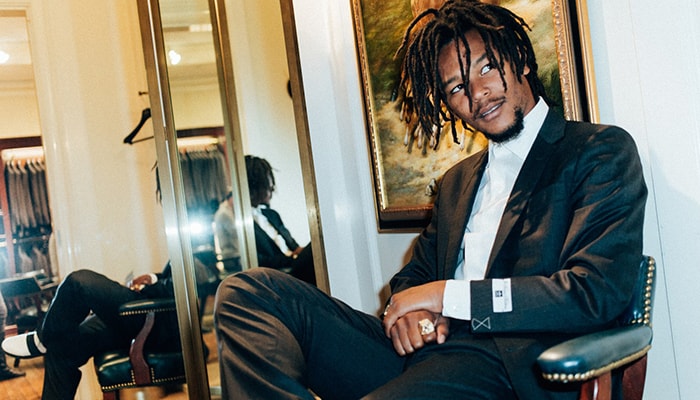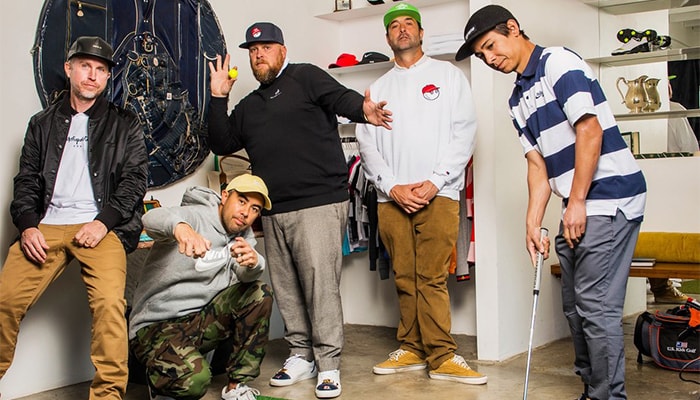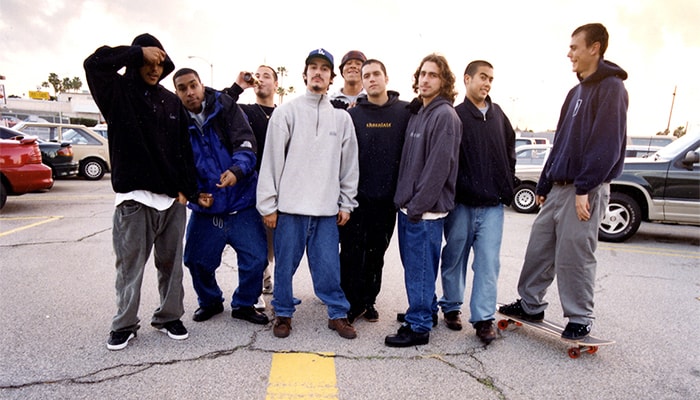“POD SQUAD” – MOSTLY SKATEBOARDING — Interview With Templeton Elliott
 _
_
_
Mostly Skateboarding
WORDS: Stu Gomez
21st century technology has been an undeniable boon for skateboarders. Even with all the talk of shorter attention spans, “millennials” and “Generation Z,” and the impending end of contemplation, the tech revolution has gifted us a platform that thrives in a longer form: podcasts.
Unheard of before the release of the first-generation iPods, waaaay back in the early-aughts, podcasts essentially hastened the demise of terrestrial radio. Podcasts were for the people and were perfect for our busy schedules; most are independently produced and are designed to be enjoyed at our leisure. More importantly, because of this indie nature, podcasts cover a wider range of topics and interests—in a manner that is mostly uncensored. Imagine a morning-drive-time radio show about skateboarding on your local station. Never gonna happen.
The medium is perfect for the kind of show that Templeton Elliott created, Mostly Skateboarding. The bite-size stories and recollections with pros fit right into a modern skater’s busy schedule.
After a short career as a filmer in LA, Templeton Elliott moved back east and started his Mostly Skateboarding blog as a distraction from boring office life. The blog led to eight years of writing for The Skateboard Mag (he was also the guy most likely to send you prizes from the magazine’s monthly giveaways). Today Templeton lives in Oregon with his wife and two cats. Follow Mostly Skateboarding on Twitter, Tumblr, and his blog for daily skate radness.
*The most recent interview, with J. Grant Brittain. *
_Interview With Templeton Elliott_
When did you become interested in podcasting?
After being a fan of podcasts for years I always wished there was a good skate podcast. The John Doe Zine podcast and The Shetler Show had their moments, but it still felt like there was a void. After waiting for someone to fill that void I figured I’d take a crack at it myself.
Were you already a fan of podcasts?
I got into public radio around 2000 then discovered podcasts a few years later just as a way to be able to listen to the shows I liked at a convenient time. Then I just started searching for more shows once I got used to listening to podcasts at work. RadioLab is great. This American Life, 99% Invisible, Ear Hustle, The Memory Palace, they’re all telling stories really well. There was a podcast about video games called A Life Well Wasted that was super good. I don’t care about video games at all but the show was amazing. The archive is still online and well worth checking out. The thing that ties these all together is that they are all just telling stories and making the subject matter super interesting. Some of the stuff on RadioLab could be just a super boring science lecture but they pull you in and make you want to know more.
How did you develop the concept and vision for Mostly Skateboarding?
The podcast that I put out was not at all my original vision. I wanted and still, want to do a weekly chat type show modeled on the Slate Political Gabfest. It wasn’t technically possible for me to get multiple people in multiple locations to all chat together and have it sound good at the time. Plus coordinating a bunch of people was going to be too much of a hassle.
I still wanted to do a podcast so I took my inspiration from The Moth figuring that everyone in skating has at least a couple of crazy stories that are worth sharing. Coordinating with one person and recording that conversation was easy enough to figure out so that’s how the Mostly Skateboarding Podcast became what it is.
What are your memories of your first show? Were you happy with it?
I did a pilot episode with Kevin Wilkins. He’s a good storyteller so it came out pretty well. Ira Glass [host of This American Life] talks about “the Gap” between your taste and your abilities and how when you start off you don’t have the skills to make things that are as good as you want them to be. I had low expectations. I just needed to see if it would work. Could I make a thing that was coherent and not totally bad? By that standard, I was happy with the pilot episode.
How did show evolve over the next few episodes?
The format stayed the same, I just got better at pulling stories out of my guests. I started editing a lot more, pulling quotes from all different pieces of our conversation to weave a linear story together.
Were you comfortable with the interviewing process? What kind of experience did you have with interviewing before you started the podcast?
I’ve done a few interviews so I knew what I was getting myself into. I’m not a people person at all. You can hear my voice quiver in the raw interviews. Even when I was talking to people that I know, I’d be super nervous. I’m still not really comfortable with interviews.
Was there a level of performance anxiety involved in hosting the podcast? Did it gradually fade away over time or did you have to confront it with each episode?
As a generally anxious person, reaching out to people I respected and asking them to do me the favor of being on my little show was always hard. I always wanted them to come off well and the show to be something we could both be happy with. As I did it more I became more confident. I tried to be prepared for each conversation and make notes throughout to make sure I got what I needed to make the story I wanted to make.
Do you remember any episodes that may have taken a surprising turn? Did this throw you off?
Paul Zitzer’s episode took a surprising turn and I loved it. It’s still my favorite episode. I wish I could find more stories like his.
Was it tricky to get guests to be candid with you? Is it intimidating at first?
All the guests are intimidating but they all put me at ease pretty quickly. I think my format lets people be a little more relaxed. It’s a conversation that will be chopped up to tell a single good story. Because of that, I think my guests know that every word doesn’t have to be perfect. I’ve had guests repeat a sentence or two once they figured out exactly what they wanted to say. It ends up feeling more like a collaboration than a standard interview.

Was there a guest you wish you could go back and interview again?
It was great talking to Tobin Yelland, I’m sure he’s got a bunch more stories to tell. I think the photographers and filmers are always interesting people and their stories haven’t been told as much as the skater’s stories.
Do you have a dream guest?
For me, it’s more about the dream story. I’m always looking for a story that hasn’t been told, maybe something with an unexpected twist or a surprise ending. I always strive to uncover something new.
What is your opinion on the current state of podcasting?
It’s great! I’m so psyched on The Bunt, The Nine Club, and Tim O’Connor’s show. When I started the Mostly Skateboarding Podcast I felt like there needed to be a skate podcast. Now that these guys are making great shows I don’t have to worry about making a skate podcast anymore. Thanks, guys!
What role do podcasts play in your everyday life?
I listen to podcasts every day. That’s how I get my news and learn about stuff outside of skateboarding.
What does the future hold for your podcast?
Doing this interview makes me think I should bring it back. Maybe I’ll figure out how to make that chat show happen. It’s all about finding the time. With limited time, wouldn’t you rather be skating than talking about skating? Most of the stuff I do with Mostly Skateboarding (the blog and Tumblr) is done in stolen moments before work or on a lunch break. The podcast required more than a few stolen moments. I still think about it all the time. It’s a lot of work but it feels really good to make something that adds to skateboarding.

Get issue 2 of Berrics Magazine today in The Canteen!


